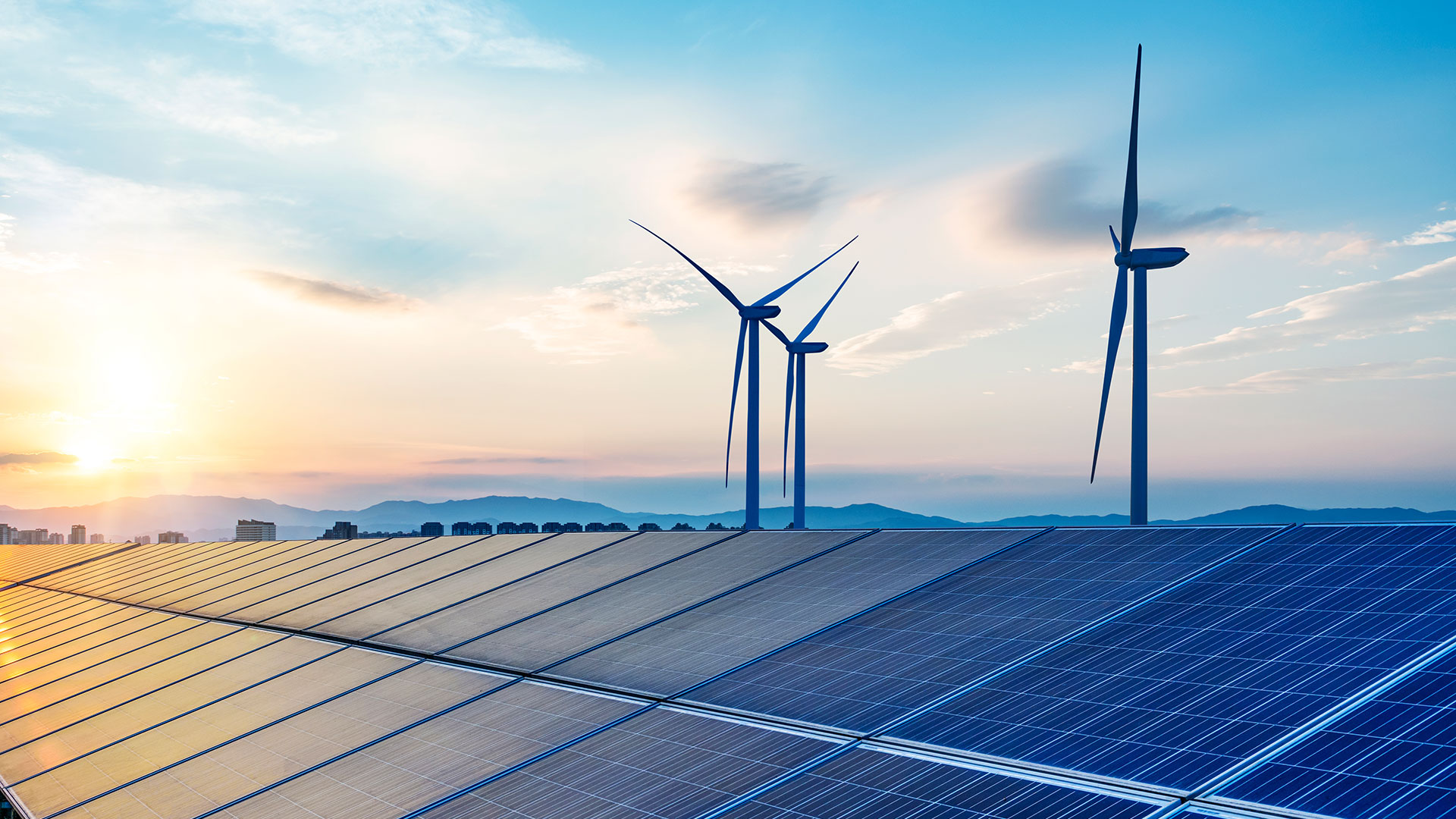How can Germany secure energy supply while working towards its decarbonisation goals?
Over the past five decades, Germany’s energy supply has shifted from a dominance of fossil fuels and nuclear power to a more diversified system based on renewables.

A high share of renewables has not degraded Germany’s supply security
The energy transition and the steadily increasing share of decentralised generation capacity have not negatively impacted the quality of supply, despite the significant reduction of baseload power-plant operation. Rather, the German System Average Interruption Duration Index (SAIDI) shows that the level of unplanned power capacity shortages has decreased over the years, reaching its lowest in 2020 at 10 minutes and 73 seconds. Hence, until the energy crisis in 2022, the shift to renewable energy sources was compensating for the phase-out of nuclear and coal power, without degrading the security of supply.
From baseload to flexibility to secure supply
Traditionally, energy systems have been built upon a bulk of baseload power from thermal power plants running around the clock. At times of higher demand during the day, these were accompanied by additional coal, gas, and hydropower plants. With wind and solar energy entering the system, we see a paradigm shift from baseload to flexibility: the conventional power system adapts to the supply of renewables, which depends on weather conditions.
However, variable output must not be confused with uncertain output. Several technical solutions exist to facilitate the growing integration of variable renewables at lower costs. Amongst these are improved forecasting, highly responsive control systems, grid reinforcement and expansion measures (such as smart grids), demand-side response, and battery storage solutions. Additionally, the operation of thermal power plants, including coal-fired and gas power plants, becomes much more responsive. Finally, Germany's integration within the European power system provides additional flexibility. All of these measures facilitate the handling of periods when there are low levels of light and wind (known in German as Dunkelflaute).
Overall, the reform of the power-market design (shorter products on the day-ahead and intraday markets, larger balancing areas, and closer to real-time operation) has been a key to incentivising flexible operation and investment in flexibility solutions in Germany. Modern backup gas power plants that are so-called renewable hydrogen-ready (meaning that they can be quickly converted to run on climate-neutral gases) can respond flexibly to rapid changes in demand and power supply from highly variable renewable feed-in. These backup plants will secure a climate-neutral energy supply whilst meeting the rising demand for electricity and energy at competitive prices.
In the long term, renewable hydrogen will provide seasonal storage to the power system
The biggest part of the German decarbonisation challenge can be met with energy efficiency measures and renewable electricity. However, there are several applications that cannot become climate-neutral with renewable electricity alone. These need renewable molecules instead. Given the limited availability of sustainable biomass, many molecules will need to be produced from electricity. First and foremost among them is hydrogen via electrolysis, along with derived molecules such as ammonia and synthetic jet fuel.
The most relevant applications for renewable hydrogen use in Germany are for industrial applications like steelmaking and basic chemicals and in the power sector, where it can guarantee security of supply for electricity and district heating. Germany will be able to produce some renewable hydrogen domestically, but around two-thirds to three-quarters of its demand will need to be imported, be it from other European countries via pipelines or from even further away via ships.
Last revision on .
